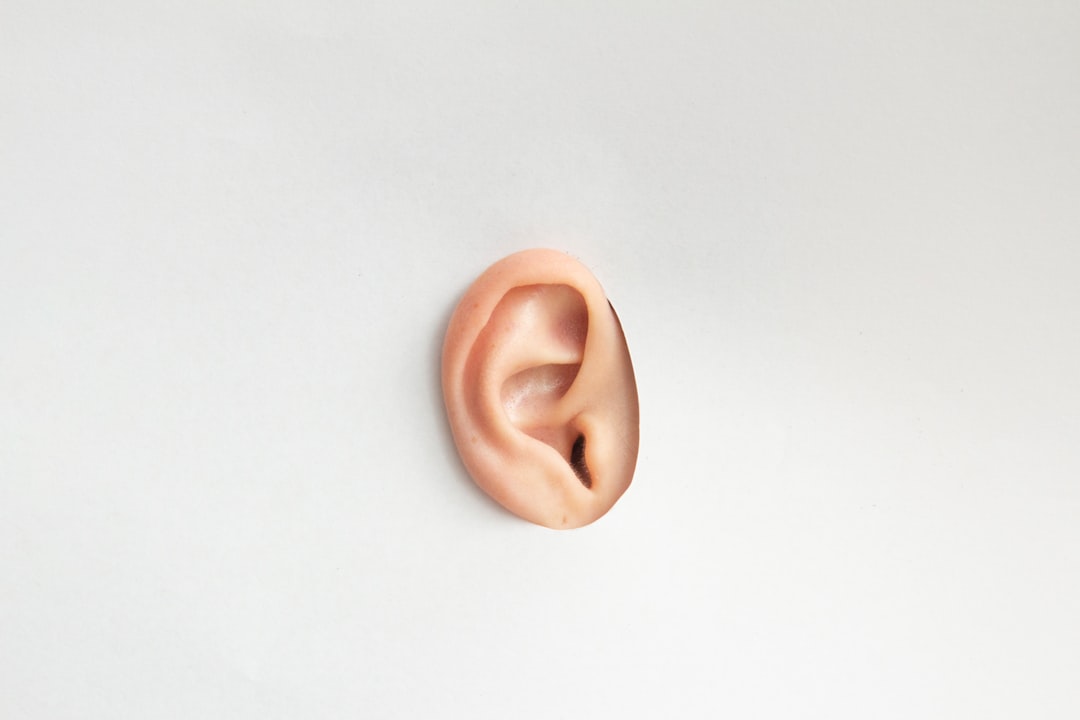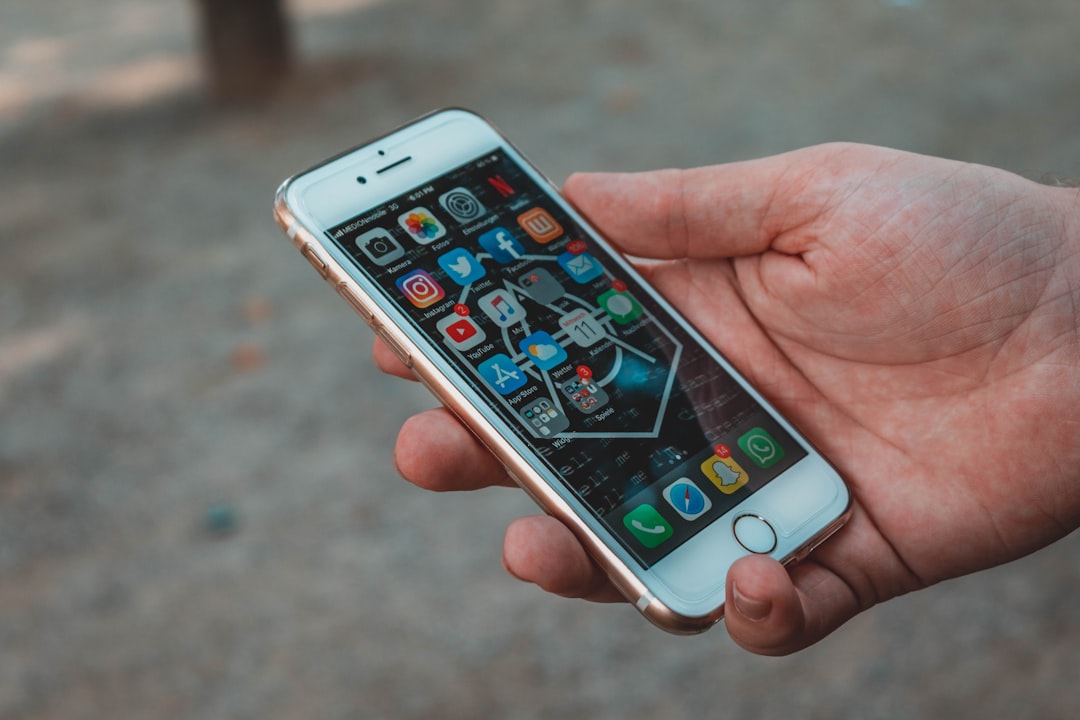What is it about?
During the COVID-19 pandemic, Americans used political party affiliation as a cue for the potential risk of infection. This was particularly true for those with a stronger overall motivation to avoid disease and those who sensitively increased their motivation to avoid disease when COVID-19 was spreading rapidly: Republicans, relative to Democrats, were viewed as more likely to infect others and elicited more self-reported disgust and avoidance—even by Republicans.
Featured Image

Photo by Martin Sanchez on Unsplash
Why is it important?
These findings provide evidence that people appear to acquire, track, and employ novel cues to manage potential disease threats--in this case, using political party affiliation during the first year of the COVID-19 pandemic in the U.S. as a cue to infection threat. These longitudinal data also provide good evidence for within-person flexibility in the management of infection threat--a process that has long been presumed and is now demonstrated. Importantly, this within-person flexibility was observed even after controlling for strong effects of ingroup/outgroup political prejudices and differences between people in how they manage the threat of infectious disease. In all, these findings highlight the great functional flexibility of people as they seek to identify and manage disease threats.
Read the Original
This page is a summary of: Responses to political partisans are shaped by a COVID-19-sensitive disease avoidance psychology: A longitudinal investigation of functional flexibility., American Psychologist, March 2024, American Psychological Association (APA),
DOI: 10.1037/amp0001318.
You can read the full text:
Resources
Contributors
The following have contributed to this page










